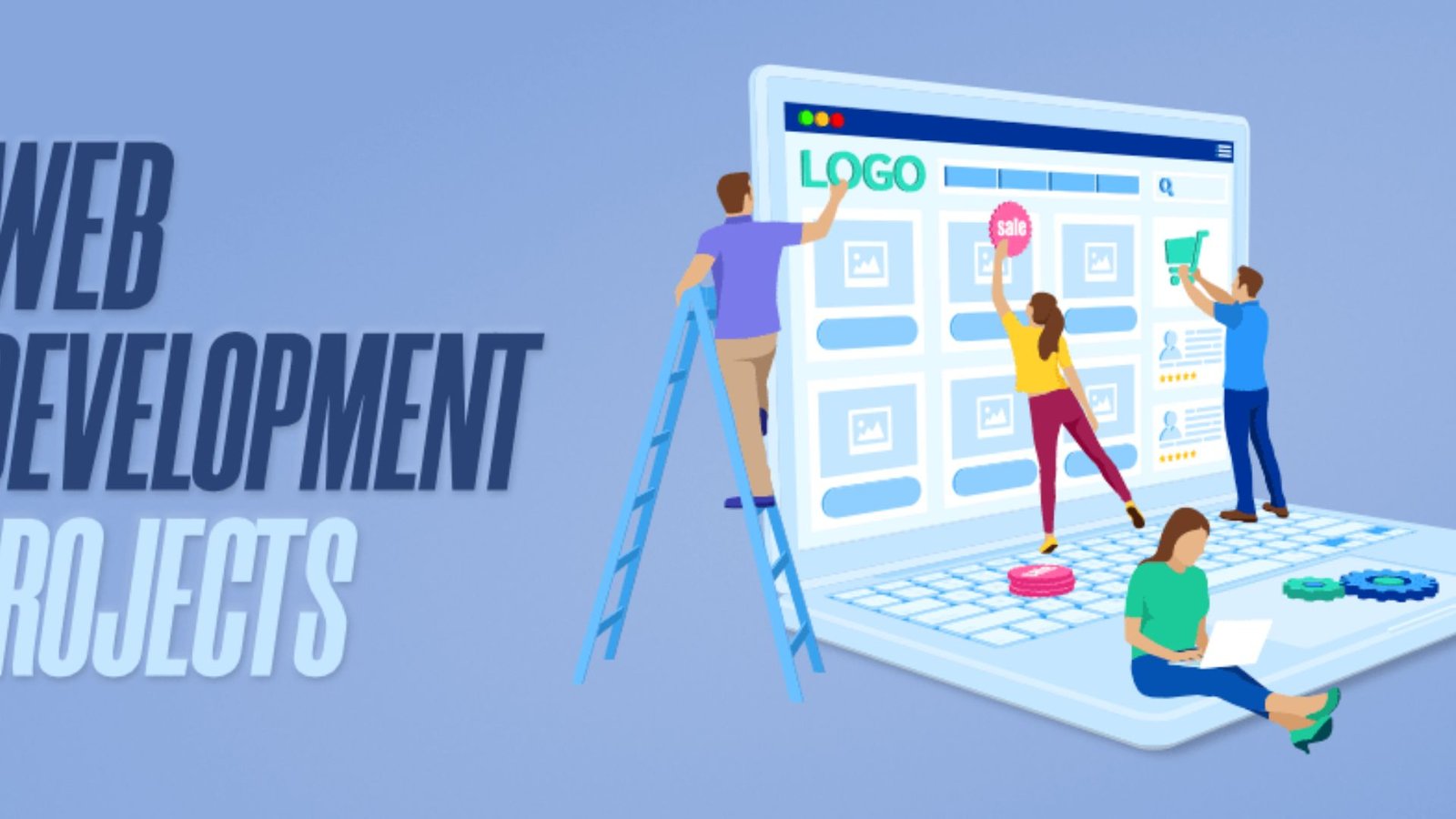In the ever-evolving field of web development, possessing a diverse set of skills is crucial for success. Whether you are a beginner or an experienced developer, mastering key skills will help you build effective, user-friendly websites and applications. Here’s a comprehensive guide to the essential key skills every web developer should have.

1. Proficiency in Core Programming Languages
HTML and CSS
- HTML (HyperText Markup Language): HTML is the backbone of web development, used to structure web content. A strong understanding of HTML is fundamental for creating well-organized web pages.
- CSS (Cascading Style Sheets): CSS is used to style and layout web pages. Mastering CSS allows you to design visually appealing and responsive websites.
JavaScript
- JavaScript: JavaScript is a crucial language for adding interactivity to web pages. It enables dynamic content updates, form validation, and complex animations. Familiarity with JavaScript frameworks like React, Vue.js, or Angular can also be beneficial.
2. Understanding of Front-End Frameworks and Libraries
Popular Frameworks
- React: Developed by Facebook, React is a widely-used JavaScript library for building user interfaces, particularly single-page applications.
- Vue.js: Vue.js is known for its simplicity and flexibility, making it a popular choice for creating interactive user interfaces.
- Angular: Developed by Google, Angular is a robust framework for building complex web applications with a modular structure.
CSS Frameworks
- Bootstrap: Bootstrap is a popular CSS framework that provides pre-designed components and responsive grid systems, speeding up the development process.
- Tailwind CSS: Tailwind CSS offers utility-first styling, allowing for custom designs without writing extensive CSS.
3. Knowledge of Back-End Technologies
Server-Side Languages
- Node.js: Node.js allows you to use JavaScript on the server side, enabling full-stack development with a single language.
- Python: Python, with frameworks like Django and Flask, is known for its readability and ease of use in server-side development.
- Ruby: Ruby on Rails is a popular framework for building web applications quickly and efficiently.
Databases
- SQL Databases: Understanding SQL and working with relational databases like MySQL or PostgreSQL is essential for managing and querying data.
- NoSQL Databases: Familiarity with NoSQL databases like MongoDB is useful for handling unstructured data and building scalable applications.
4. Version Control Proficiency
Git and GitHub
- Git: Git is a version control system that helps manage code changes and track project history. Mastering Git is essential for collaborating with other developers and maintaining code integrity.
- GitHub: GitHub is a platform for hosting Git repositories, facilitating collaboration, and sharing code with the development community.
5. Responsive Web Design
Mobile-First Design
- Responsive Layouts: Understanding how to create responsive layouts ensures that websites function well on various devices and screen sizes.
- Media Queries: Use media queries in CSS to apply different styles based on device characteristics, such as screen width and resolution.
Performance Optimization
- Page Speed: Optimize website performance by reducing load times and improving responsiveness. Techniques include image optimization, minification of CSS and JavaScript files, and efficient caching.
6. Basic Knowledge of SEO
On-Page SEO
- Keyword Optimization: Understand how to use keywords effectively in content, meta tags, and headings to improve search engine rankings.
- Meta Tags: Implement meta tags, such as title and description tags, to enhance the visibility and relevance of web pages.
Technical SEO
- Site Structure: Ensure that website structure is optimized for search engines, including proper use of sitemaps and clean URL structures.
- Accessibility: Make sure that websites are accessible to all users, including those with disabilities, which can positively impact SEO.
7. Soft Skills
Problem-Solving
- Analytical Thinking: Ability to troubleshoot issues and find solutions is crucial in web development. Strong problem-solving skills help in debugging code and optimizing performance.
Communication
- Effective Communication: Clear communication with team members, clients, and stakeholders is essential for understanding requirements and delivering successful projects.
- Documentation: Documenting code and development processes helps maintain clarity and facilitates future updates or handovers.
Time Management
- Project Management: Effective time management ensures that projects are completed on time and within scope. Familiarity with project management tools like Trello or Asana can be beneficial.
8. Continuous Learning and Adaptability
Staying Updated
- Industry Trends: The web development field is constantly evolving. Stay updated with the latest technologies, frameworks, and best practices to remain competitive.
- Professional Development: Engage in ongoing learning through online courses, workshops, and conferences to enhance your skills and knowledge.
Adaptability
- Flexibility: Be prepared to adapt to new tools and technologies as the industry evolves. Embracing change and being open to learning new skills will help you stay relevant.
Conclusion
Mastering these key skills will set a solid foundation for a successful career in web development. From proficiency in core programming languages to understanding modern frameworks and tools, having a well-rounded skill set is crucial. Additionally, soft skills such as communication and problem-solving, along with a commitment to continuous learning, will further enhance your capabilities as a web developer.




